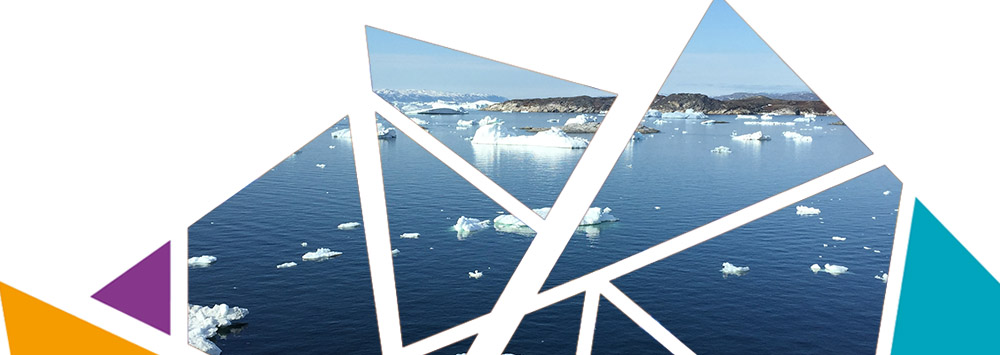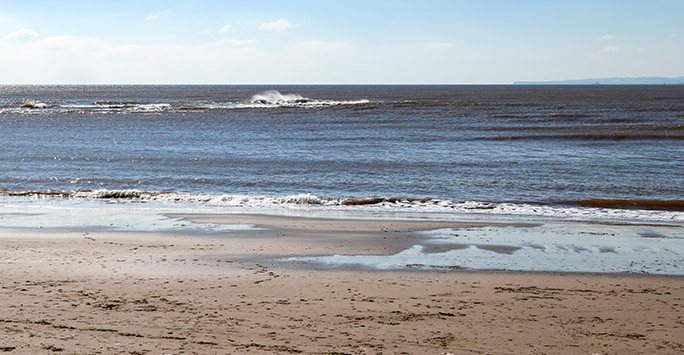The challenge
We depend on healthy oceans to provide food, energy and oxygen to sustain life. In-depth knowledge of the function of the oceans and its ecosystems is required to forecast how they might respond to changing climates. Challenges include comprehending how ocean biogeochemistry and physics interact, as well as how the cycling of nutrients and trace metals drives ocean ecosystem changes.
Altering processes can occur rapidly, and more frequent data capture and deeper analysis is needed to understand the underlying trends which can help us to ensure the sustainable future of our oceans.
Research action
Research led by Professor Jonathan Sharples and Dr Claire Mahaffey at the University of Liverpool is informing government agencies and departments on the state of the seas, providing a greater understanding of the dynamic and complex marine biogeochemistry around the UK and further afield.
Sharples’ group has recently led a major UK Research Councils strategic project jointly supported by Defra on the state of UK’s coastal seas. Dr Mahaffey is currently leading Research Council strategic research on the Arctic Ocean, running numerical simulations of data collected during field trips. This analysis has enabled the group to make better predictions of how the oceans might respond to changing climate.
The team has also been analysing the seasonal and annual changes in water temperature, content of oxygen, nutrients and carbon as a part of a project funded by NERC, Defra and WWF-UK. The work is determining what key ocean parameters can be reliably measured using autonomous underwater vehicles, helping to achieve a long-term cost-effective strategy to monitor the ocean’s health.
Working in partnerships
Ocean Sciences at Liverpool has a strong international reputation for its work on climate change and marine research, which is supported through the Liverpool Institute for Sustainable Coasts and Oceans (LISCO).
Linking experts in physics, chemistry and biology, the work is delivered in association with a wide range of national partners from other UK universities including the Universities of Southampton, East Anglia, and Bangor and also Institutes such as the National Oceanography Centre and the Plymouth Marine Laboratory.
A key partnership with the UK’s Centre for Environment, Fisheries and Aquaculture Science (Cefas) provides a mechanism for transferring research results into useful policy guidance for Defra. The partnership has enabled collaborative work using fisheries’ survey voyages, speeding up and facilitating the logistics of sample collection.
Outputs and outcomes
The collected data is regularly communicated to Defra, linking research results and forecasts in the context of policy drivers. This work promotes sustainable management of the dynamic marine environment at the local, national and international levels under the conditions of climate change.
The group’s work is widely communicated to governments and other stakeholders through Marine and Climate Change Impacts Partnership (MCCIP). Specifically, the MCCIP Policy Report Cards and papers provide knowledge and predications of how ocean stratification, concentrations of dissolved oxygen in the sea, and deep-sea ecosystems are expected to be affected by a warming climate.

